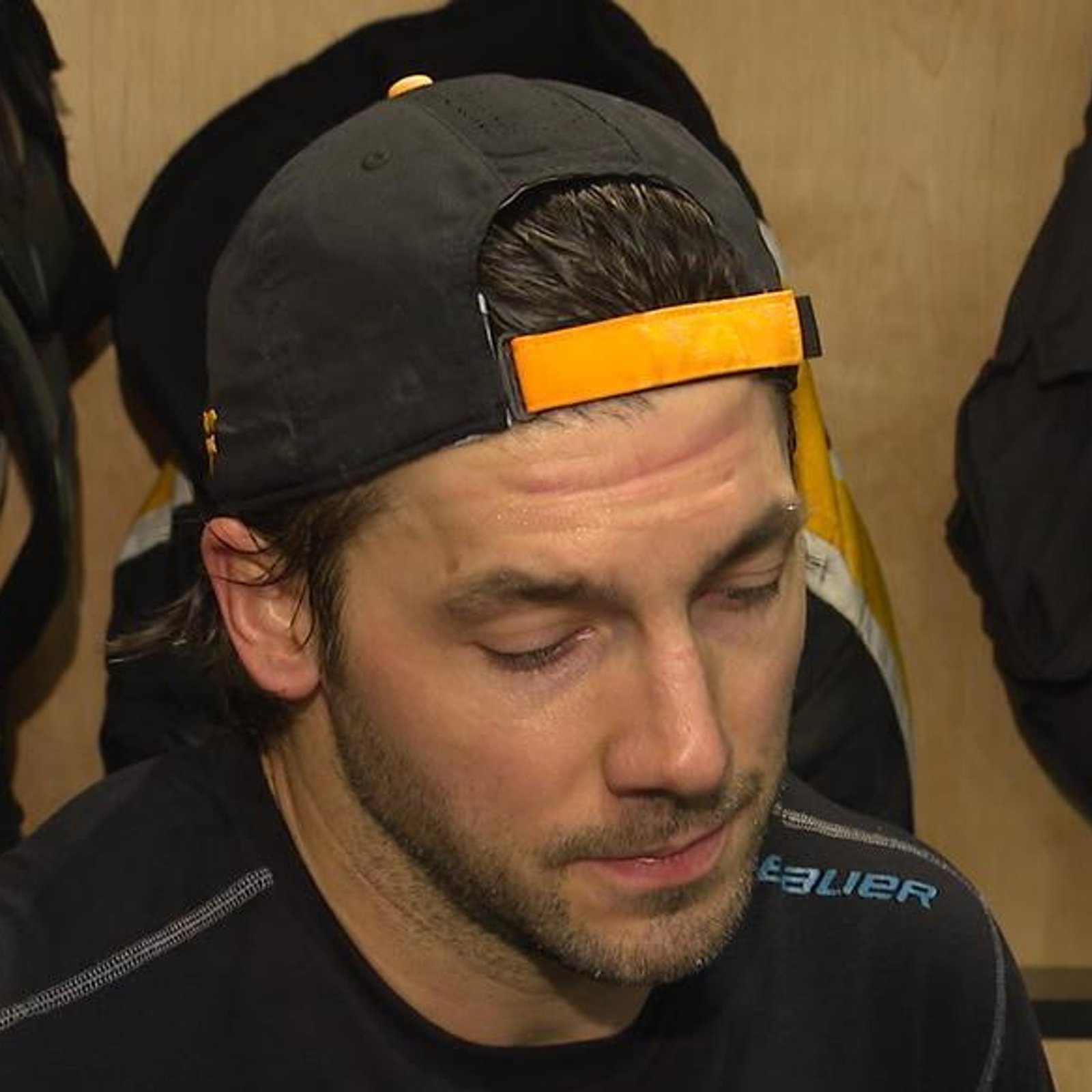
NHL Alumni Association strikes deal with cannabis company for players' health
We have never seen anything like this before in professional hockey...
HockeyFeed
We have never seen anything like this before in professional hockey...
TSN's Senior correspondent Rick Westhead has just come out with an exclusive report that " the NHL Alumni Association has signed a landmark agreement with Canopy Growth Corp., that will see the Canadian cannabis company finance one or more studies that could be an important step towards establishing the first comprehensive snapshot of the health of retired hockey players."
Canopy Growth Corp. has committed to fund a new study 100 former NHL players in the Toronto area, looking at their mental health and at their emotional state, taking blood and biomarkers in their blood streams, also taking brain scans to use all of the informations throughout the next year to answer the question on how healthy they are mentally. The study will explore whether CBD pills and cannabinoids might help to wean former players off of addictive opioids.
Painkillers, which can be highly addictive, are often prescribed for nagging injuries that might stretch into retirement, while it’s no secret that some former players have suffered from neurological problems or mental health issues after their careers.
If the results of the initial study are encouraging, Canopy Growth has agreed to fund a second study of former players with more subjects.
“We hear plenty of anecdotes from athletes about how cannabinoids are helping them, but we don’t have any good robust data to prove that and we’re addressing this with a credible partner,” Canopy Growth Chief Medical Officer Dr. Mark Waresaid in an interview.
The executive director of the NHL Alumni Association Glenn Healy will provide Milwaukee-based neurosurgeon Dr. Amin Kassam with the names and contact information of retired NHL players who live in the Toronto area in coming weeks.
No similar study has ever been conducted of former NHL players. While the NHL has no direct involvement in this, it could become one of the biggest benefactors of the study as we all know what happened to former NHLer Derek Boogaard who died of an opioid overdose while he was self-medicating after several concussions in his NHL career.
CBD is derived from the cannabis, or marijuana, plant. Unlike marijuana, CBD doesn’t have THC, the psychoactive ingredient that gives a user a “high.” It may not work for everyone, but this first step could be a great start in this research.

- Chris Gosselin
Penguins’ Kris Letang undergoes heart surgery!
- NHL News
- 1 minute read

- Chris Gosselin
Driver who struck Johnny Gaudreau and brother cries as judge rules on ‘blame-the-victim’ defense
- NHL News
- 3 minutes read

- Jonathan Larivee
Shootout in Montreal ends in controversy with serious playoff implications.
- NHL News
- 2 minutes read

